Invictus Games
We asked the team at the Invictus Games lots of questions about the competition so you can learn why it was set up and what it’s all about.
How did the idea for the Invictus Games come about?
On a trip to the Warrior Games in the USA in 2013, our Patron The Duke of Sussex saw first-hand how the power of sport can help physically, psychologically and socially those suffering from injuries and illness. He was inspired by his visit, recognising the international potential of sports recovery, and of the importance of Friends and Family in that journey, and so the Invictus Games was born.
The word itself - ‘invictus’ - means ‘unconquered’. It embodies the fighting spirit of wounded, injured and sick Service personnel and personifies what these tenacious men and women can achieve post injury. It is taken from the title of the Invictus poem by William Ernest Henley, which ends with lines that embody the recovery process, ‘I am the master of my fate, I am the captain of my soul’.
Are all of the competitors men and women who were injured when they served in the Armed Forces?
The competitors of the Invictus Games are any of those that have been injured, or fallen ill, during or as a consequence of service. This could be a physical or mental injury or illness, and is not necessarily related to conflict specifically. They are drawn from 20 participating nations currently with more due to be added very soon.
How often do the Games take place?
The Invictus Games were launched in September 2014, and the success of the Games were such that more were planned with America, Canada, and Australia stepping forward to host these Games and develop the Invictus Games model further with more nations joining each time.
After the Invictus Games Orlando 2016; Toronto 2017; Sydney 2018, the next Games were planned for 2020 in the Netherlands in the hope of building a two-year gap between Games- designed to allow competitors time to build in training to their recovery and to allow the Invictus Games Foundation the chance to broaden the opportunities they offer to more of the community. Obviously the Covid pandemic had an effect on the Games which meant that the Invictus Games The Hague 2020 are now taking place this year in April 2022. The following Games were moved to accommodate this shift to September 2023 for the Invictus Games Dusseldorf 2023, and we will soon be announcing the Invictus Games for 2025.
How many events are there?
Within the Invictus Games there are 9 core sports, Archery, Athletics, Cycling, Indoor Rowing, Powerlifting, Sitting Volleyball, Swimming, Wheelchair Basketball, Wheelchair Rugby. However, alongside these are often events with sponsors, such as the Jaguar Land Rover Driving Challenge, or the activation area where many partners and sponsors will be holding events.
Each Games, the Invictus Games Foundation will also organise a symposium where research and best practice is shared for future Games.
Are competitors allowed to take part in more than one event?
A lot of the competitors take part in multiple sports events, and the schedule is often designed with maximum flexibility to allow for fewer clashes of sporting events.
How do you decide which city should host the next Games?
There is a process where the IGF board of trustees and executive review initial expressions of interest and a proposal document which results in a shortlist. There is then a fuller bid book submitted to the Invictus Games Foundation and accompanied by a visit to the prospective cities bidding to host, to understand further how the Games are proposed to be held.
What is the Invictus Games Foundation and is it only available for competitors?
The Invictus Games Foundation is the charity behind the Invictus Games. We review and support bidding cities in hosting the Games, ensuring that each Games furthers the movement and impacts positively on as many of our community as possible. Now the Games have moved to a two year cycle, the foundation also offers opportunities to access sports beyond the games to ensure more people have continued access to quality opportunities to recover together. This means that whilst each Games host 500 competitors, many more take part with activities by the Invictus Games Foundation, via our private platform: We Are Invictus – open to any eligible member of the community.
Have any competitors also competed in the Paralympics or will they in the future?
There are many competitors that have gone on to compete in the Paralympics as part of their recovery from Injury or Illness post Games. The Invictus Games represents a moment in the recovery journey of the community, which may result in them going on to the Paralympics, but the sports element is more of a catalyst, rather than the end result. Success for some of the competitors may look like elite sport, but for others it could be reconnecting with their family or community, or gaining employment.
How can people watch the Games?
You can buy tickets to watch the Games in person! Or tune in to your national news channels for coverage depending on which country you are in. Follow the IGF channels @WeAreInvictus, or the hosts #IG22 channels or #IG23 for Dusseldorf to be kept up to date.
How important do you think sport is and why?
The Games harness the power of sport to inspire recovery, support rehabilitation and generate a wider understanding and respect for those who serve their country. It’s about so much more than just sport – it captures hearts, challenges minds and changes lives.
Sport presents an opportunity for the individual to recalibrate, reforge connections, represent their country once again, and move forward in their recovery.






























